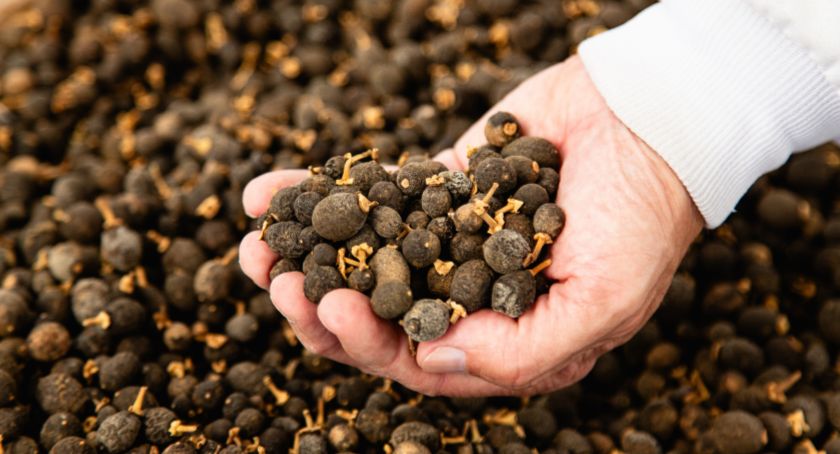Exclusives
AND Issues First Dietary Recommendation for a ‘Non-Essential’ Bioactive Food Compound
Academy of Nutrition and Dietetics recommends 400-600 mg of flavan-3-ols daily, from food sources, to support cardiometabolic health.

By: Sean Moloughney
Following an expert panel review, the Academy of Nutrition and Dietetics has issued a first-of-its-kind dietary recommendation for daily intake of 400-600 mg of flavan-3-ols to support cardiometabolic health.
“Increasing consumption of dietary flavan-3-ols may help improve blood pressure, cholesterol levels, and blood sugar,” manuscript authors wrote. “A continuously growing body of research demonstrates higher consumption may reduce the risk of certain cardiometabolic disease and related mortality.”
Typically, dietary recommendations focus on deficiencies of essential nutrients, like vitamin C, as opposed to improvement of health outcomes from plant bioactives.
AND suggested the general adult population—including healthy individuals as well as those with overweight or obesity and those who are at risk of chronic disease—increase consumption of nutrient-dense foods rich in flavan-3-ols and low (or absent) in added sugars, such as tea, apples, berries, and cocoa.
Flavan-3-ols are the most highly consumed flavonoid subclass, according to National Health and Nutrition Examination Survey data.
Dietary flavonoids include a range of polyphenolic compounds that occur naturally in plant foods. According to Raman et al., “their structural complexity has led to their sub-classification as flavonols, flavones, flavanones, flavan-3-ols (and their oligomers, pro(antho)cyanidins), isoflavones, and anthocyanins.”
Food vs. Dietary Supplements
AND noted this is a “food-based guideline” and not a recommendation for flavan-3-ol dietary supplements. “As toxicity is more commonly associated with high-dose single-nutrient supplementation than foods, a food-first approach to flavan-3-ol intake may capitalize on the potential synergy of this bioactive with other nutrients in the food matrix while also minimizing risks associated with intake of supraphysiological doses of individual compounds from extracts or supplements.”The authors’ manuscript cited liver injury and gastrointestinal distress as the most widely reported adverse events associated with flavan-3-ol consumption, “mainly arising from supplementation with concentrated green tea extracts in a fasted state.”
Mars Edge, a segment of Mars, Incorporated that is dedicated to human health through nutrition, welcomed the guideline and focus on flavan-3-ols, sometimes referred to as flavanols.
The AND recommendation “highlights the positive role that flavanols can play in cardiometabolic health and offers consumers actionable advice about these novel bioactives,” said Catherine Kwik-Uribe, vice president of scientific & regulatory affairs, Applied Science & Nutrition at Mars Edge.
She added: “For over 20 years Mars scientists and others have been researching flavanols and how they can benefit human health. This recommendation is a significant milestone in this emerging area of nutrition. We hope that this recommendation prompts greater interest and awareness—from health professionals to consumers—on the significant role that flavanols can play in health and nutrition and furthers conversations that may soon lead to full inclusion into worldwide dietary guidelines.”
The AND recommendation was published in Advances in Nutrition.





















